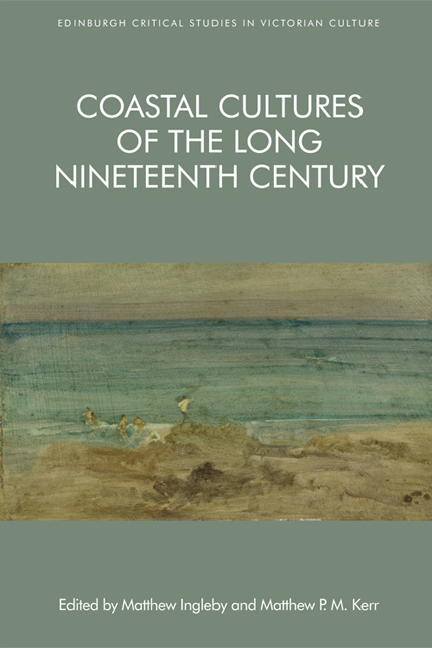Epilogue: Unravelling
Published online by Cambridge University Press: 01 May 2021
Summary
As we sailed down the River Itchen towards the sea on that grey, drizzly June afternoon, unaccountably cool and wet after a prolonged episode of intense heat, we passed boats moored in midstream, patched and appropriated from their former uses to create ad hoc homes, afloat, neither part of the land nor yet of the open water. They constituted an aquatic Mad Max community, lived in, presumably, by people who had rejected the shackles of cars and mortgages.
On one side of the riverbank were new residences rising from the former site of Vosper Thorneycroft, a prosperous ship-building yard, its huge sheds, big enough to house a small church, long since pulled down and turned into a brownfield site ripe for profitable redevelopment. On the other teetered voluminous piles of rubbish, twisted metal of every description rising in trash dunes that seemed about to overwhelm our little wooden yacht as we passed by, should anyone take out that key piece of Jenga scrap.
Ahead, Southampton Water widened to the open sea, suddenly and abruptly oceanic in its outlook, dwarfing everything, even the behemoth car carriers which were being loaded, like floating multistorey car parks, with their vehicles, ready to roll out the other side in their appointed marketplace. It seemed this coast was for sale, from the land and the labour and the rubbish to the giant petro-chemical refinery of Fawley, the largest in Europe in 1951, when it was constructed over the eastern edge of the New Forest – mimicking the ancient trees with its gantries and silos and spires burning like monuments to the unknown soldiers of the new age of the Anthropocene.
Great oil tankers were suckled dry of their bituminous cargo, formed from the fossil remains of those trees, and the refined products pumped intravenously through a network of pipelines, inland and around the country; or would, in time, be transformed into the raw material for the plastics that filled other cargo ships, and add to the litter washed up on the lonely, suburban beach where I swim, every day.
- Type
- Chapter
- Information
- Coastal Cultures of the Long Nineteenth Century , pp. 256 - 266Publisher: Edinburgh University PressPrint publication year: 2018



